Many mums agree that teaching children to clean their rooms is important. Not only does it build up their kids’ sense of responsibility, but it also makes their lives easier. Many experts agree that giving chores to children helps make them more confident and independent. But as a mum, how can I get my children involved in daily chores? And what are the right chores to give my children?
Why should I get my children involved in house chores?
- – To teach responsibility – Chores help children understand the concept of responsibility. When you assign certain chores to your kids, you give them responsibility. This reflects greatly on their personalities as they grow older. Having responsible children means they are independent and they can make good decisions.
- – Makes children more confident – When you give children responsibility, and trust them to get things done, they become more confident. We all want confident children when they are out in the world. And this way we prepare and teach them to be confident.
- – Teaches self discipline.
- – Empowers children to add value to the world around them.
- – Doing house chores teaches children teamwork, cooperation, and contribution.
How to get my children involved in daily chores?
There are plenty of tips that can help you get your children involved in chores around your home. Here are a few tips to do so:
1| Start from an early age
This is the first tip to ease involving your children in house chores as they grow up. Have them pick up their toys when they are done playing. Go through it with them a few times till they understand that and start doing it themselves. This will make you sure tidy and more used to putting things away when he or she is done with them.
2| Use visual aids
Whether it was pictures or demonstrations, you need to show your child what you want them to do. Sometimes giving the chores verbally is not enough, especially with toddlers. For example, you want your toddler to put the toys away. The best way to do this is for you to pick up one toy and put it in the toy basket or box. Then tell your toddler to do the same. Point at the toy and where it should go as you speak to your toddler. This will teach them what they should do, and actually start doing it. The more you teach them, the faster they will start doing it themselves without any reminders.
3| Be realistic
Many mums have very high expectations about their children’s abilities to clean and tidy. Let us be real, kids need time to get it right. Start gradually with simple tasks, and then move forward after they get the hang of it. For instance, they cannot do their beds perfectly at the age of 2 years old. But they can spread out their blanket and make it somewhat tidy. As they grow, their skills will get better and better.
4| Set rules for doing chores
This is also a reinforcement tool to get your kids involved in daily household chores. Have a conversation with your kids about how they cannot play video games or go out for ice cream without cleaning their rooms. Screen time is usually the best reward kids look for when doing their chores. So, use that to your advantage.
5| Turn it into something fun
Children hate cleaning and doing chores because they are boring. To them, chores are often related to being tired, angry, or stressed. This is where you come in. Show them the opposite by turning it into something fun. Like putting one music while cleaning, or turning it into a race. Set a reward for those who come in first place. As we mentioned before, extra screen time is the best reward for kids these days.
6| Give direct tasks
Many mums give vague tasks to their children and expect them to follow through. Saying “clean your room” is not enough. As there are many things that can be done. Be more specific and give straight to the point tasks. Instead of saying “clean your room” say “pick up your toys”, “make your bed”, “put away your laundry”. This way is easier and more clear to kids.
Also, don’t give all the tasks at once. Children will lose focus and forget. Instead, give them short tasks and tell them to get back to you once they are done. Then, you can move on to the next task.
7| Be an idol
Children are mirrors. They reflect and repeat everything their parents do. That is why it is very important for you to set an example for your kids. Be active, energetic and joyful when it comes to doing chores. We know this might be easier said than done with the other million errands you have to run. But remember, your good attitude will reflect on your kids for the long run.
Check out more cleaning tools here.
What if they refuse to get involved?
Many children might resist when it comes to doing their chores. First off, you need to know why. There are two reasons for that: one, they don’t understand what they are supposed to do; two, they are lazy. If it is the first, then you need to walk them through what they are supposed to do. Young toddlers and preschoolers might find putting toys away confusing. So it all comes down to teaching them and demonstrating in order for them to understand.
On the other hand, if your children are just lazy and won’t do the work, then we recommend the reward and punishment approach. This approach works best on many other aspects like eating healthy and doing homework. Make it clear that if your children do their chores they will be rewarded. Many parents do nothing when their kids finish their chores and that is wrong. It does not reinforce children to repeat this positive behavior. Furthermore, if children do not finish their assigned chores, you should show punishment. Like taking away their video games or giving them zero screen time.
This reward and punishment approach will work wonders when your child refuses or resists being involved in house chores.
Chores for different age groups:
Toddlers (2 – 4 years old)
- – Putting toys away.
- – Cleaning spilled juice.
- – Arranging story books neatly.
Preschoolers (6 – 9 years old)
- – Making the bed.
- – Help clean the table after a meal.
- – Watering the plants.
Chores for kids above the age of 10
- – Cleaning the bathroom.
- – Folding the laundry.
- – Making simple meals like sandwiches – of course under your supervision.
- – Steaming clothes.
Check out experts’ advice on cleaning hacks for your home – you will find all your questions answered!
More articles you might be interested in:


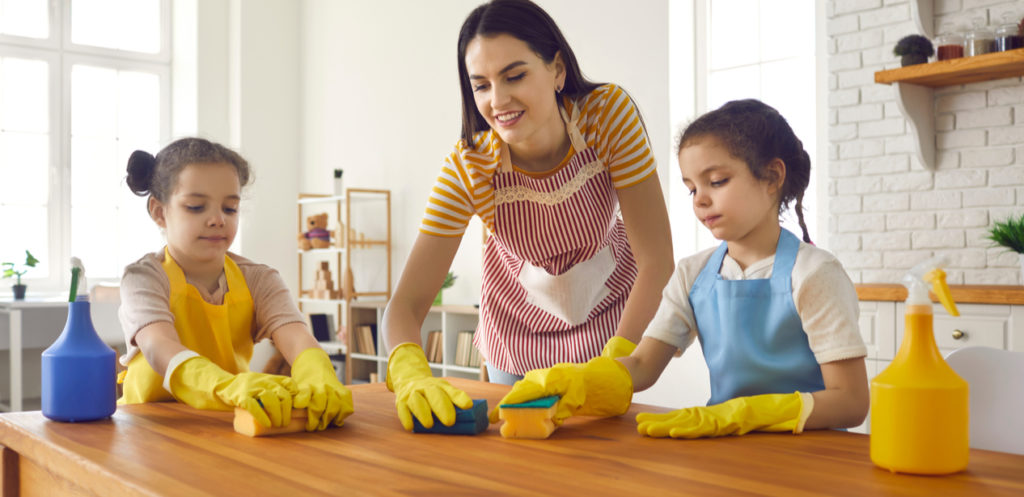
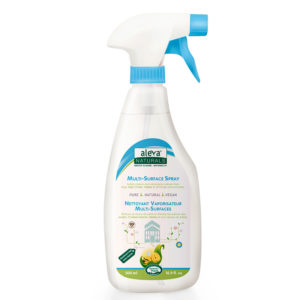

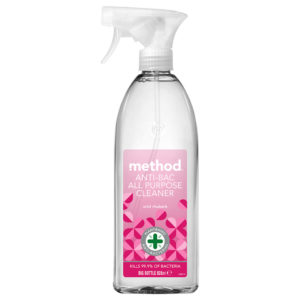
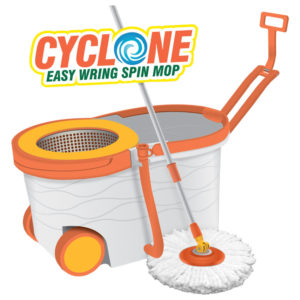
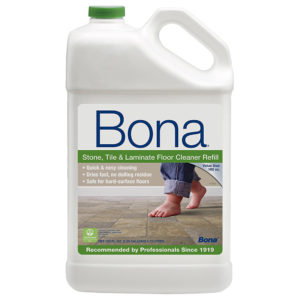
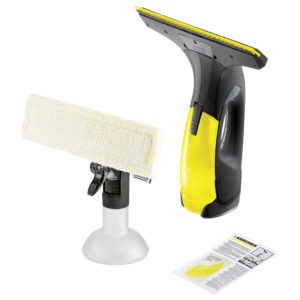
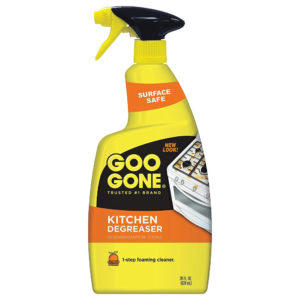
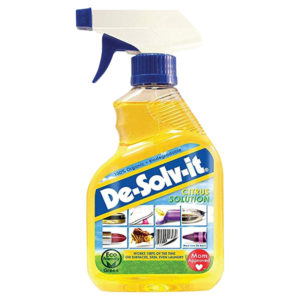




Thanks for sharing. I read many of your blog posts, cool, your blog is very good.
I found this article to be very eye-opening. Thanks for sharing.
This post really resonated with me. Keep up the good work.